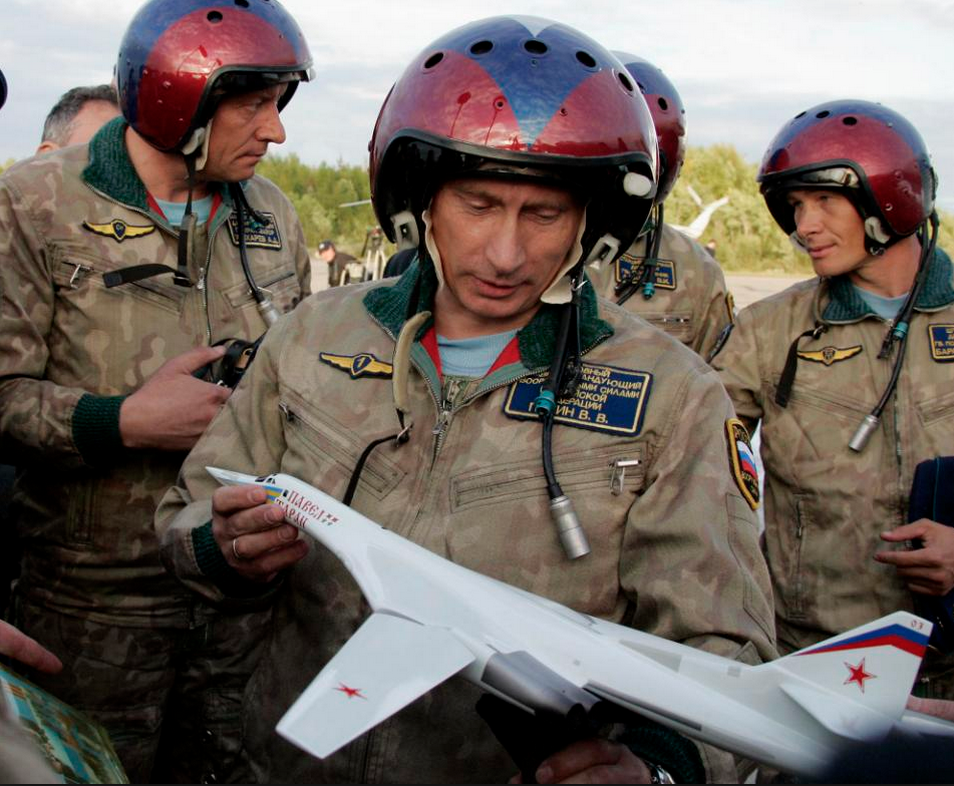Staunton, May 15 – The pride that people feel in their country consists of two elements: a cognitively processed one in which individuals assess the actual past and present achievements of their nation, thus grounded in reality, and a socially constructed normative one which is susceptible to indoctrination by governments and others to support their policies, according to two Moscow scholars.
The first, Margarita Fabrikant and Vladimir Magun of the Higher School of Economics say, tends to be stable over time while the latter fluctuates widely and can be maintained at a high level only by constant effort.
On the basis of a multi-national survey, they note that “Russia has a lower level of rational pride than one would expect from a country with a similar level of economic development,” a reflection they suggest of its “historical experience of competition with more developed countries.”
And as a result, “'special' measures such as for example the activation of geopolitical agendas in order to strengthen the pride of the population in their country” are often used but may prove “counterproductive,” undermining the very possibility of the development of cognitively processed national pride.
Fabrikant and Magun present their finds in a report entitled “Grounded and Normative Dimensions of National Pride in Comparative Perspective,” a paper based on a survey carried out a decade ago of 45,993 people in 36 countries and regions, including 2383 from Russia, the largest national subsample.
The two scholars explain their methodology in the following way: “The survey participants estimated their overall level of national pride by responding to the direct one-item question and, separately, they estimated pride of each of ten specific achievements of their countries in various domains.
“Factor analysis of these ten items,” they say, “yielded two dimensions of domain-based national pride, one of them being the factor of general pride of various country achievements and the other reflects the inverse relations between the prides of elitist and mass achievements of the nation.
“Cognitively processed national pride measured by the domain-based estimates have been affected by objective country achievements and by the level of standards which the achievements are compared against. The normatively imposed national pride measured by direct one-item question has been influenced by the country level of religiosity that indicates the individual willingness to accept normative messages from the state uncritically.”
And they conclude, “rational national pride requires some objective grounds to believe in a nation’s perfection [while] normative national pride is not so strongly related to objective achievements and therefore can be more easily manipulated. The practical implication of this difference stems from the fact that in their search for objectively grounded national pride people would be eager to foster country achievements and their maintenance of normatively imposed pride requires in many cases just reliably protected wishful thinking.”
According to Fabrikant and Magun, “the more successful economically a country is, the greater degree is expressed among its population of rational pride; and as a rule, rational pride in such countries dominates” normatively imposed pride. With regard to the latter kind of pride, they note, the actual achievements of the country “do not play a similar role.”
The cognitive national pride of Russians is lower than one would expect, while “the level of normative national pride is higher,” and was so even before the massive propaganda effort of the last several years. Such pride, they say, “correlates not only with religiosity but also with a low level of education.”
As a result, “normative pride to a great degree is subject to manipulation” given that people are prepared to “accept any positive information about the achievements of their country” as laid out by the authorities without reflecting upon what the real achievements and shortcomings of their country are.
In presenting this report now, Fabrikant offered some data about trends in Russian national pride more recently. Russians remain proud of their history, sport, literature and art, she said, but now, they much more often cite such normative sources as pride in their country’s armed forces and its political influence in the world.

